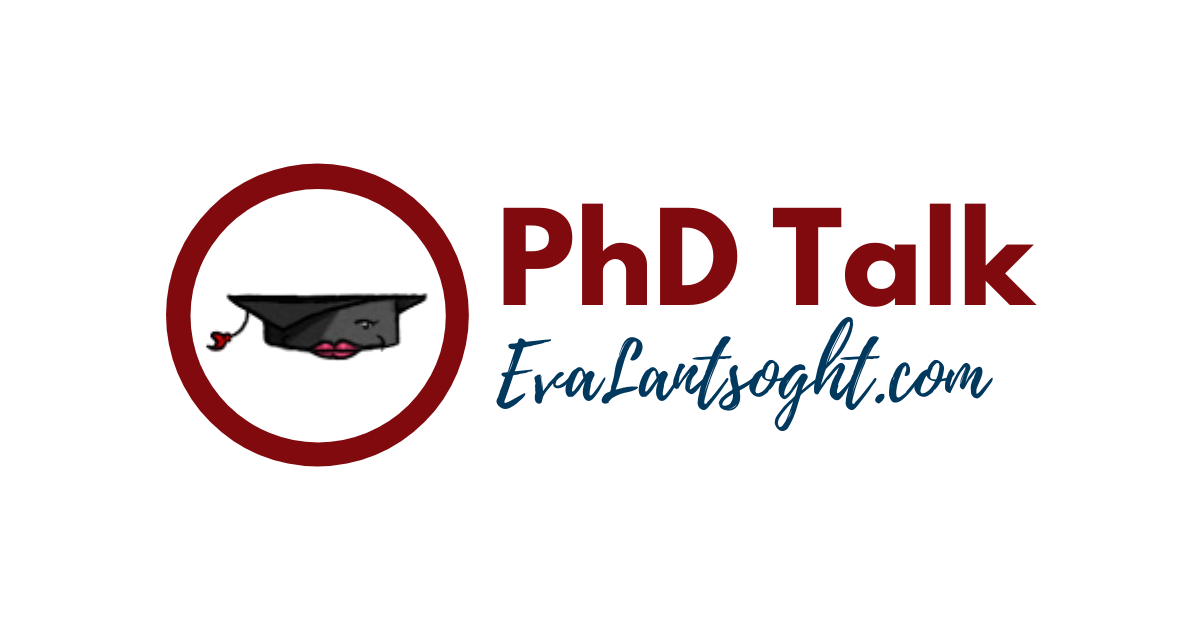I am Diogo Aguiam, and This is How I Work
Today, I am interviewing Dr. Diogo Aguiam in the “How I Work” series.
Current Job: In between jobs in research
Current Location: Braga, Portugal
Current mobile device: Nexus 5x
Current computer: Macbook Pro (Mid 2012)
Can you briefly explain your current situation and research to us?
Nuclear fusion occurs naturally in stars. Two light atoms fuse together to form a heavier atom, while releasing energy. If we could control this reaction here on Earth, we would be able to produce electricity from the excess energy! But this is very hard to do…
We must heat a plasma to millions of degrees to get the conditions required for the fusion reaction. We can do this using special donut-shaped devices called tokamaks, which use strong magnetic fields to confine the plasma without touching the walls. Still, getting more energy out of the reaction than what we use to get it going is still a few decades away.
My research is focused on developing radar-like diagnostics to measure the density profiles of the plasma to understand its shape and location inside the tokamak during a discharge.
I have a background in electronics engineering and I have just finished my PhD in physics developing a reflectometry diagnostic for ASDEX Upgrade, a tokamak device at the Max-Planck-Institute for Plasma Physics in Garching, Germany.
What tools, apps and software are essential to your workflow?
For my work I use Visual Studio Code and Jupyter to develop my processing codes in python and analysing data. I use Mendeley to manage papers and organise everything inside dropbox. In our group we communicate using hangouts and slack and collaborate with code through gitlab. I also backup my entire work directories to a WD MyCloud server at home, which has saved me more than once!
What does your workspace setup look like?
I mostly work from my laptop as I move around a lot between my home institution IPFN, in Lisbon, Portugal, and the Max-Planck-Institute for Plasma Physics in Garching, Germany, where my diagnostic is installed. I have an office at both places, with a desk, a keyboard, mouse and monitor, which I connect to the laptop.
During operation days I typically work in the Control Room of ASDEX Upgrade to check on the data after each experiment. Most other days I am in my office developing codes, analysing data, or reading/writing papers. When we need to repair equipment you’ll find me lugging my laptop and an assortment of power meters, oscilloscopes, coaxial cables, etc…
What is your best advice for productive academic work?
Always keep an organised copy of everything you do, such as code, data and figures. You will often have to come back to it.
How do you keep an overview of projects and tasks?
I try to work on one big project at a time and schedule the others in google calendar. When I have to deal with a lot of bureaucracy, I write every step in my notebook and tick them off as I go.
Which skill makes you stand out as an academic?
I am too lazy to do repetitive work. I have spent a week developing a tool to automate a calibration procedure that I would have to do three times. I organise these tools and share them with other researchers helping them do their own work. I have found I am most productive when helping other researchers do their jobs faster, such as writing scripts to make figures or learning new programming tips.
What do you listen to when you work?
I get a random study, focus, light edm, trance playlist from spotify playing.
What are you currently reading? How do you find time for reading?
How to win friends and influence people, by Dale Carnegie.
I often read on my kobo when commuting or on long flights.
Are you more of an introvert or extrovert? How does this influence your working habits?
I used to be an introvert, and I still value alone time at home. But I’ve grown to enjoy meeting new people and talk about anything. I get to learn new things every day.
What’s your sleep routine like?
I typically get only 6 or 7 hours of sleep every day as I browse Feedly and Twitter late into the night.
What’s your work routine like?
At my home institution I do typical 9 am to 6 pm days. During missions, however, my schedule stretches to 12-14 hours per day, often late into the night, as I have to get everything working before the next operation day.
What’s the best advice you ever received?
Never stop learning.
